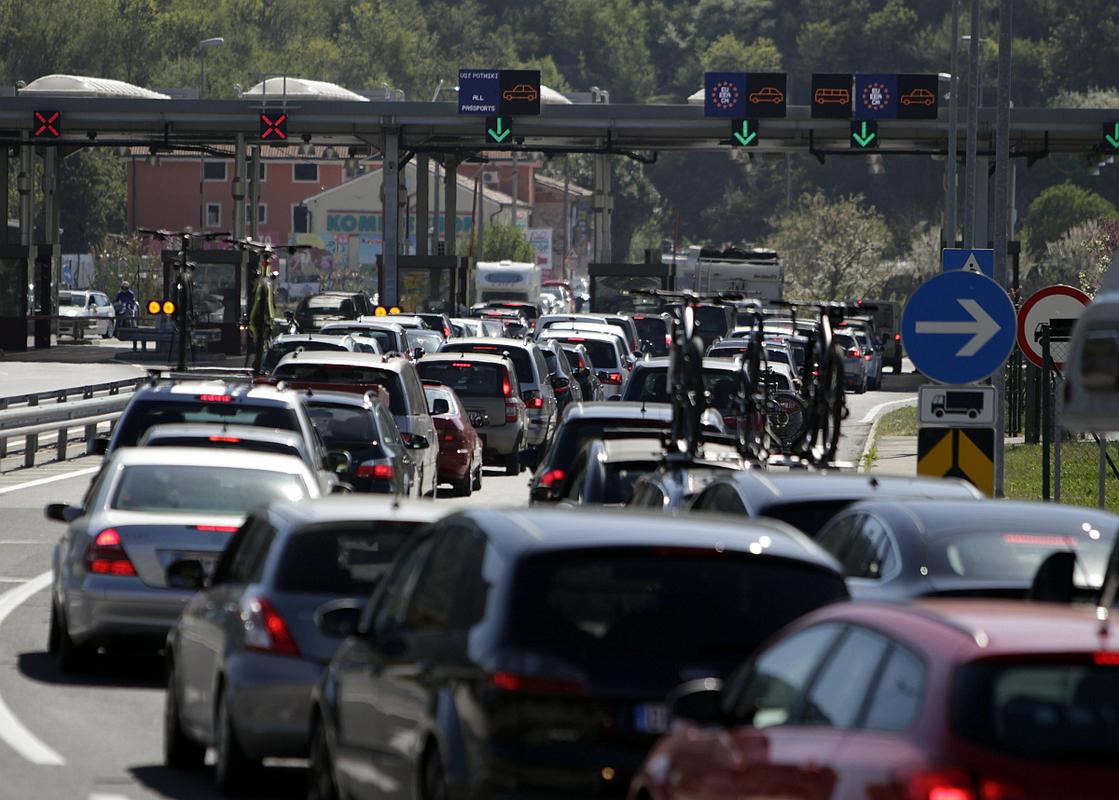The new rules were initially also confirmed by the European Parliament. Now it assesses that in its pursuit for greater security it had confirmed a lifeless measure which only obstructs the free movement of people and does harm to the economy.
Slovenian MEP Tanja Fajon, representing the socialists, called for action from the European Commission. "Commissioner, do you intend to formally include into the Schengen treaty the agreement between the PMs of Croatia and Slovenia with EU Commission President Juncker, on targeted border checks in case of more than 15-minute waiting times at the borders? I expect that you take measures," said Fajon.
The proposed revision of the directive was also backed by the greens, liberals and others. Croatia’s MEPs meanwhile emphasized the damage to its tourism industry. Dubravka Šuica from the EPP said it was hilarious and self-contradictory that the commission was downgrading Croatia’s economic growth forecast due to regulations it proposed itself.
Will the directive become irrelevant?
Some say that by legalizing the '15-minute rule' the directive would in fact annul itself. Systemic border checks are necessary and justified, said Gerard Deprez, who added that on the very first day of the new rule 15 people from official wanted lists were discovered and questioned by Belgian authorities. EU Commission Vice President, Andrus Ansip, explained that they are in search of solutions for the - what he called - beginning difficulties in implementing the new rules. Following last week’s expert visits at the most affected border crossings, Mr Ansip said that all parties agreed on additional operational guidelines on the implementation of the new rules.
The issue will also be discussed at an upcoming meeting between Slovenia’s and Croatia’s state secretaries with EU Commissioner Dimitris Avramopoulos, to take place on the sidelines of the summit of EU’s interior ministers. Slovenia’s Interior Ministry State Secretary Boštjan Šefic will also separately present Slovenia’s position on the issue and its opposition to Austria’s border control measures, to his colleagues from Austria, Denmark and the Visegrad Group.
Erika Štular, Radio Slovenija; translated by K. J.


































































